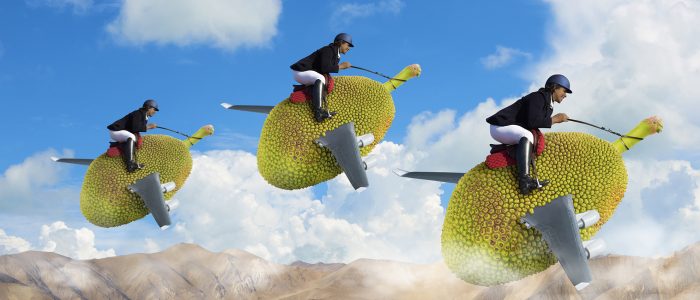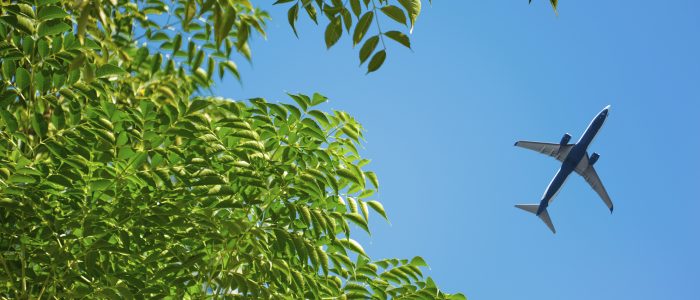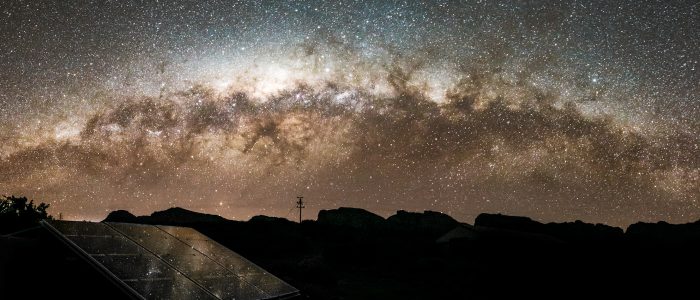RETHINKING RAIN WATER IN MALAYSIA
In a sweltering classroom in Miri, Malaysia, a team of three NXplorers students sat down to consider the problem of wildfires. They were following news from Australia which was currently experiencing the most extreme wildfires on record.
The NXplorers students could sympathise. Neighbouring Indonesia also suffers from wildfires, and occasionally the ensuing smokey haze would descend on Malaysia. They were hoping to find a solution to this massive, destructive problem.
Collaborating to develop ideas is an essential part of the NXplorers programme, and while the students were considering the cooling effect of evaporation, they realised that there was an application for their ideas much closer to home.
The weather in Miri is two things, extremely hot, and very rainy. Many homes rely on air conditioning systems or fans. These can be expensive to run, but they also need electricity. In rural Miri many homes have intermittent or unreliable access to energy. This means many of the students’ family and friends live in unbearably hot homes, often struggling to work, study or even to relax, due to the heat.
Applying NXThinking tools, the students were able to identify the problem. And with the introduction of technology such as embedded systems, automation, working with mobile apps and programming, they invented ‘Chillax’.
Chillax is a solar powered sprinkler system that utilises the cooling effect of evaporation to cool the zinc roofs common to homes in the area. The system uses stored rainwater and a battery, and is also connected to an app that the students designed and coded.
Using the natural resources available in abundance even in rural areas, and available at a fraction of the cost of air con, Chillax is a system that could feasibly help homes throughout Malaysia, and the rest of the world too.

India is the largest jackfruit producer in the world, but only a small amount is harvested and sold. Most of the fruit is left to ripen and spoil. This means less money for the farmers, a waste of valuable resources and increasing the risk of diseases spread by mosquitos attracted to the rotting fruit.
NXplorers students saw this problem in their community, and realised the potential in transforming a waste product into an eco-friendly fuel option. Using NXplorers thinking skills they were able to connect the local problem of rotting fruits to the global issues of carbon emissions and fuel production.

While our NXplorers students in India were solving the problem of wasted jackfruit in their small community, across the oceans a team of top researchers were also realising that alternative fuel from food waste has the potential to work in jet engines.
Using food waste to power jets cuts greenhouse gas emissions by 165% - from reducing the carbon that jets emit as well as the emissions that are avoided when food waste is diverted from landfill. So, perhaps without quite realising the massive implications of their idea, our students had solved not only the rotting jackfruit problem but joined the international journey towards reducing carbon emissions.
Read full article here.

Almost 500 years ago, one scientist started to change the way we think forever. Nicolaus Copernicus was taught from birth that the Earth was the centre of the universe. But when he looked at a model of the system devised by the Ancient Greeks, he didn’t simply accept what he was taught. Instead he continued to ask questions and consider alternatives.
Copernicus wasn’t convinced that the Earth was in the centre of the system, he knew about eclipses, sunsets and stars, and he wondered what would happen if he put the sun at the centre of the model instead. What if we were circling the sun, and not the other way round?
By switching the position of the Earth with the position of the Sun in that model, Copernicus gave us the basis of what we now know as our Solar System. This ability to consider other perspectives and look at the bigger picture to identify the problem, is a fundamental principle of the NXplorers Programme.